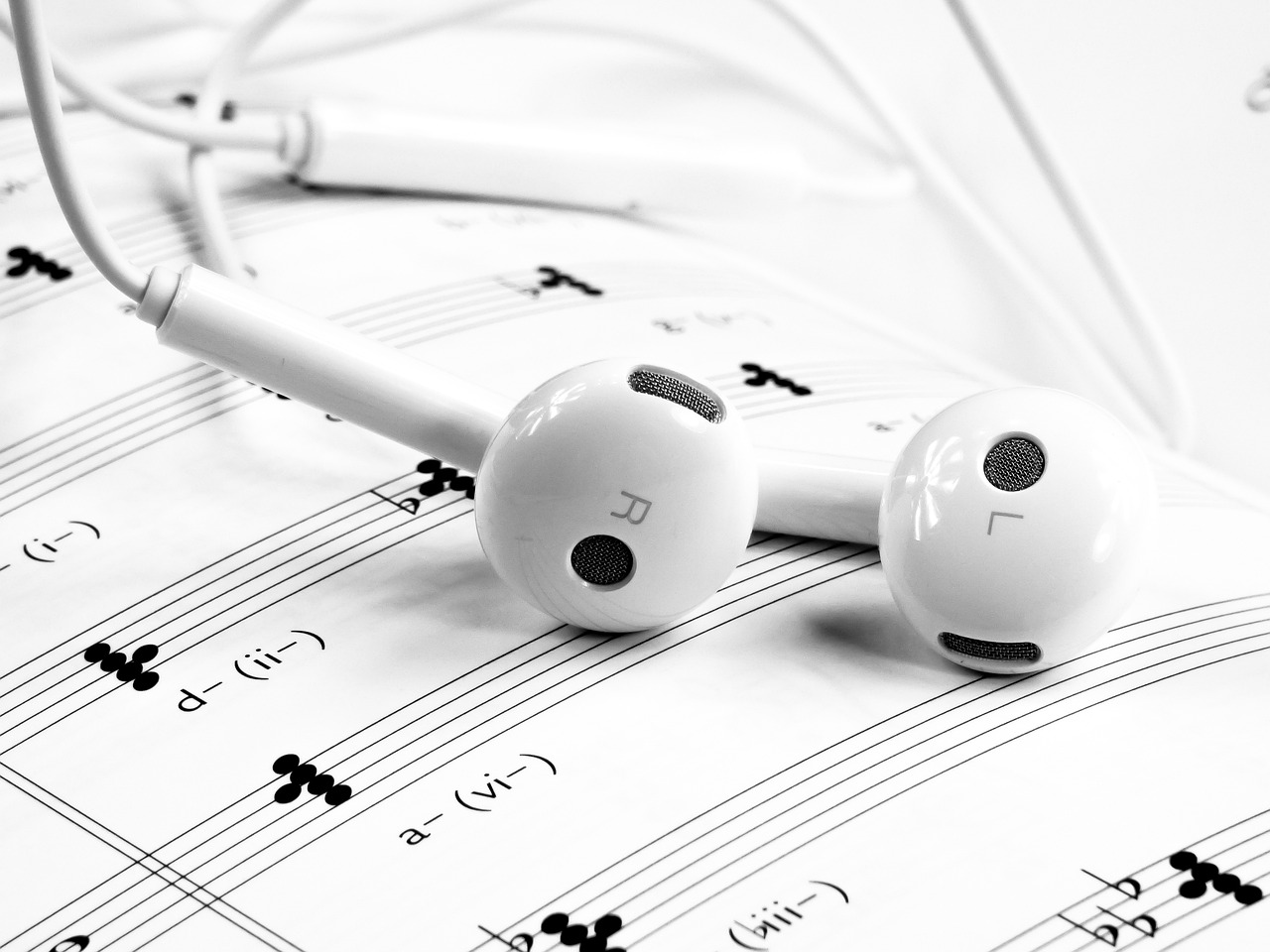 APPS
APPS
 APPS
APPS
 APPS
APPS
Universal Music Group and Facebook parent company Meta Platforms Inc. signed an expanded, global multiyear agreement today that’s intended to bring more opportunities for monetization to UMG artists and songwriters across Meta’s social media platforms.
Although the terms of the deal were not disclosed in today’s announcement, the two companies said that the impetus behind the expanded agreement would focus on “ensuring that artists and songwriters are compensated fairly” and “protecting human creators and artistry” in an era where artificial intelligence is used to recreate music. As part of the partnership, the companies said, they would address how unauthorized AI-generated content affects artists.
The new agreement expands on an original deal in 2017 where UMG became the first major music company to license its music catalog content across Facebook’s social media platform. Meta partnered with the record label group instead of rolling out a music-sharing service similar to Apple Inc.’s iTunes platform. Music sharing and streaming became available to users from UMG’s catalog across Facebook, Instagram, Messenger, Threads and the virtual reality app Horizon.
With the new agreement, users of the encrypted messaging app WhatsApp will now be able to share UMG-copyrighted music.
“Since our landmark 2017 agreement, Meta has consistently demonstrated its commitment to artists and songwriters by helping to amplify the importance music holds across its global network of engaged communities and platforms,” said Michael Nash, chief digital officer and executive vice president of Universal Music Group. “We look forward to continuing to work together to address unauthorized AI-generated content that could affect artists and songwriters so that UMG can continue to protect their rights both now and in the future.”
UMG has argued that copyright infringement and AI-generated content directly affect the work of musical artists and songwriters. In October, the record label group filed suit against Anthropic PBC, the developer of the ChatGPT rival chatbot Claude, for the alleged widespread scraping of its clients’ song lyrics to train its AI models.
The lawsuit marked the first major lawsuit by the music industry against an AI developer and UMG sought $75 million in damages. It was just the beginning, in June this year, three other major record labels, represented by the Recording Industry Association of America, filed suit against Suno Inc. and Uncharted Labs, better known as Udio. In that suit, the labels alleged that the two companies carried out widespread infringement of copyrighted sound recordings at scale.
In May, UMG signed a new deal with ByteDance Ltd.-owned TikTok after the Chinese social media platform didn’t renew over a disagreement regarding royalties payments. Music monetization on social media is becoming a major source of revenue for music labels. Similarly, TikTok is experimenting with an “AI Song” feature that allows users to create songs based on prompts.
By partnering early with social media platforms developing generative AI music tools and licensing UMG music for these features, Universal Music Group could ensure fair compensation for its artists as these technologies become widespread.
Support our mission to keep content open and free by engaging with theCUBE community. Join theCUBE’s Alumni Trust Network, where technology leaders connect, share intelligence and create opportunities.
Founded by tech visionaries John Furrier and Dave Vellante, SiliconANGLE Media has built a dynamic ecosystem of industry-leading digital media brands that reach 15+ million elite tech professionals. Our new proprietary theCUBE AI Video Cloud is breaking ground in audience interaction, leveraging theCUBEai.com neural network to help technology companies make data-driven decisions and stay at the forefront of industry conversations.